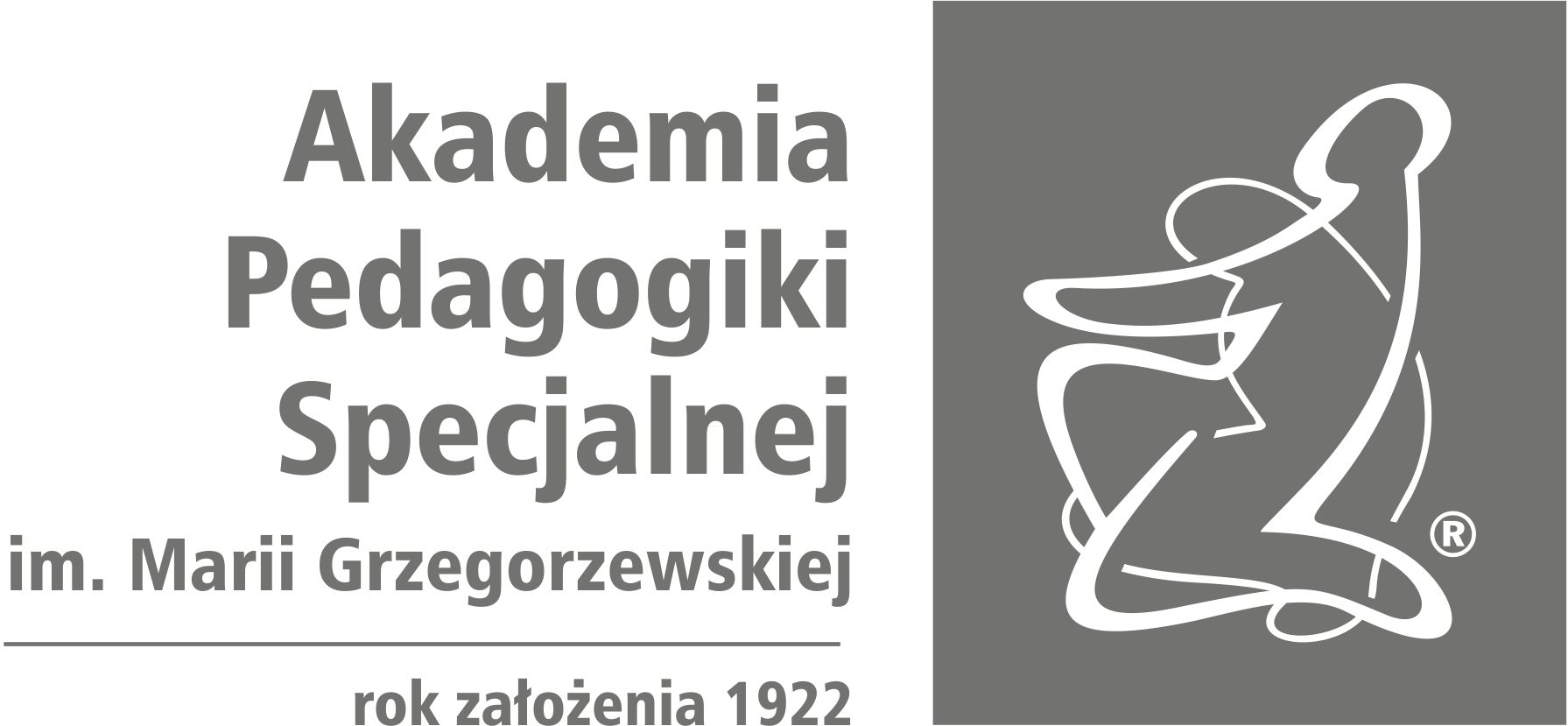Family and Childhood in Latin America
Informacje ogólne
| Kod przedmiotu: | 00-0F-FCL |
| Kod Erasmus / ISCED: | (brak danych) / (brak danych) |
| Nazwa przedmiotu: | Family and Childhood in Latin America |
| Jednostka: | Akademia Pedagogiki Specjalnej im. Marii Grzegorzewskiej |
| Grupy: |
Problemy współczesnej edukacji - konw. w jęz. obcym - I rok, 2 sem. PE (II st. st. nstac.) - 1 obow. |
| Punkty ECTS i inne: |
0 LUB
2.00
(w zależności od programu)
|
| Język prowadzenia: | angielski |
| Rodzaj przedmiotu: | obowiązkowe |
| Skrócony opis: |
12 hours of contact, 30 hours of preparation and self-study. Graded by in-class work and submission of written tasks. |
| Pełny opis: |
Case Studies: Analyze real-life family scenarios in Latin America, encouraging students to apply theoretical concepts, understand social complexities, and propose culturally-sensitive solutions. Debates and Discussions: Guide structured discussions prompting students to analyze and defend positions on contemporary issues related to families and childhood in Latin America, honing critical thinking. News and Social Media Analysis: Examine contemporary news sources and social media trends reflecting current events shaping family and childhood experiences across Latin America. Literature and Memoirs: Incorporate Latin American novels, short stories, and testimonials about childhood to provide vivid perspectives on family dynamics. Films and Documentaries: Analyze Latin American films and documentaries focused on family life or childhood, leading to discussions of cultural representation and themes. |
| Literatura: |
Ana Vergara del Solar, Maria Leticia Nascimento, Valeria Llobet, South American Childhoods. Neoliberalism and Children's Rights since the 1990s, Springer International Publishing, 2021. David Post, Children's work, schooling, and welfare in Latin America, Taylor and Francis, 2018. Nara B. Milanich, Children of fate. Childhood, class, and the State in Chile, 1850-1930, Duke University Press. Amy Risley, The youngest citizens. Chidlren's rights in Latin America, Taylor and Francis, 2019. Sonalde Desal, Children at risk. The role of family structure in Latin America and West Africa, Population Council, 1991. |
| Metody i kryteria oceniania: |
Research Projects: Assign individual research on specific issues, ethnic groups, or country-specific case studies with formal presentations, in PPT. The information presented has to meet the following criteria: concise presentation, information focused on the topic title, accuracy, and significant bibliography. |
| Praktyki zawodowe: |
N/A |
Zajęcia w cyklu "Semestr letni dla niestacjonarnych 2023/2024" (zakończony)
| Okres: | 2024-02-19 - 2024-09-30 |
Przejdź do planu
PN WT ŚR CZ PT SO N KON
|
| Typ zajęć: |
Konwersatorium, 12 godzin, 15 miejsc
|
|
| Koordynatorzy: | Anna Odrowąż-Coates | |
| Prowadzący grup: | Ciprian Simut, Maria Zsögön | |
| Lista studentów: | (nie masz dostępu) | |
| Zaliczenie: |
Przedmiot -
Zaliczenie na ocenę
Konwersatorium - Zaliczenie na ocenę |
|
| Skrócony opis: |
12 hours of contact, 30 hours of preparation and self-study. Graded by in-class work and submission of written tasks. |
|
| Pełny opis: |
Introduction to Latin American Cultures: A survey of the diverse geographic regions, ethnicities, languages, and historical influences that shape the understanding of families in Latin America. Theories of Family and Childhood: Explore major sociological, anthropological, and psychological perspectives on family systems and child development. Concepts of Gender and Sexuality: Examine how gender roles and expectations are constructed and evolve within Latin American families and societies. Express understanding and respect for the diverse experiences of families and children in Latin America. Childhood and Work: The role of children in economic activities across Latin America, both historically and in contemporary settings, along with relevant discussions of child labor and its effects. Violence and Children: The impact of conflict, displacement, and gang activity on children and families, along with discussions of resilience and intervention strategies. |
|
| Literatura: |
Ana Vergara del Solar, Maria Leticia Nascimento, Valeria Llobet, South American Childhoods. Neoliberalism and Children's Rights since the 1990s, Springer International Publishing, 2021. David Post, Children's work, schooling, and welfare in Latin America, Taylor and Francis, 2018. Nara B. Milanich, Children of fate. Childhood, class, and the State in Chile, 1850-1930, Duke University Press. Amy Risley, The youngest citizens. Chidlren's rights in Latin America, Taylor and Francis, 2019. Sonalde Desal, Children at risk. The role of family structure in Latin America and West Africa, Population Council, 1991. |
|
| Uwagi: |
Explain the key concepts, theories, and historical trends related to family and childhood in the context of Latin America. Critically assess case studies, primary sources, and research literature on family and childhood in Latin America. Critically assess case studies, primary sources, and research literature on family and childhood in Latin America. Draw connections between the concepts of family and childhood in Latin America with broader global themes |
|
Właścicielem praw autorskich jest Akademia Pedagogiki Specjalnej im. Marii Grzegorzewskiej w Warszawie.



